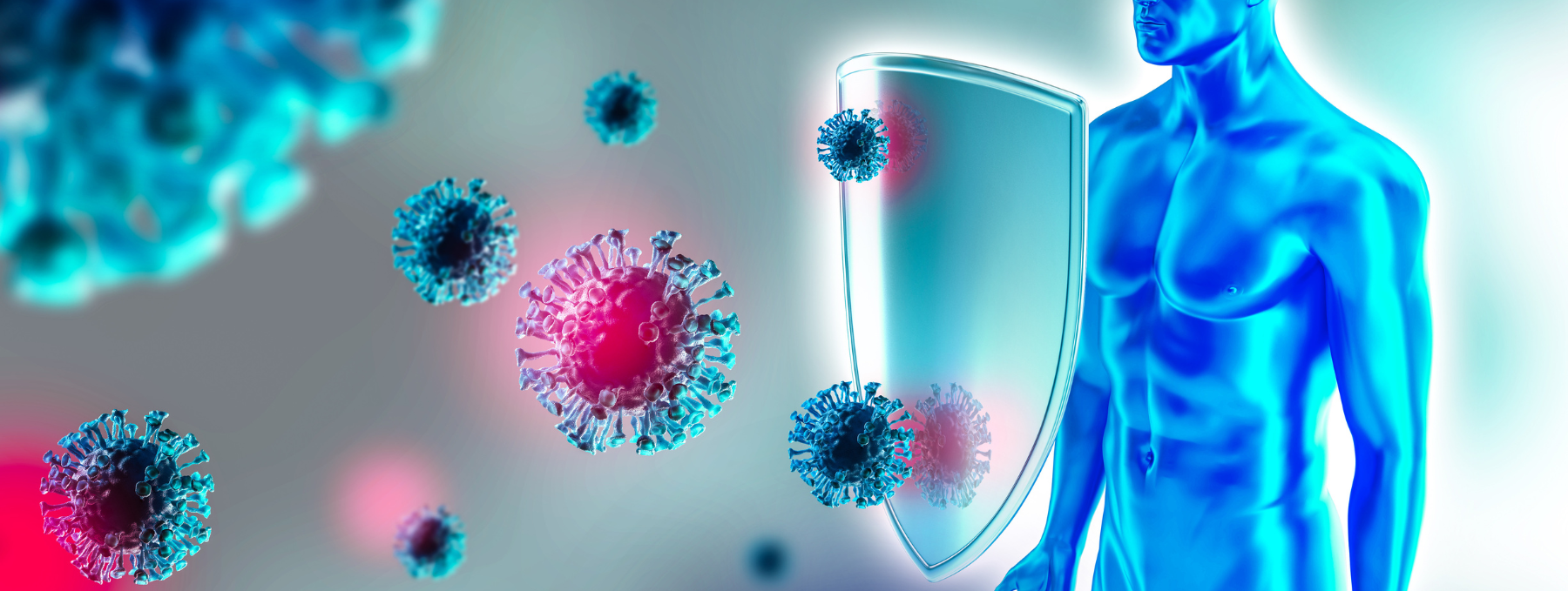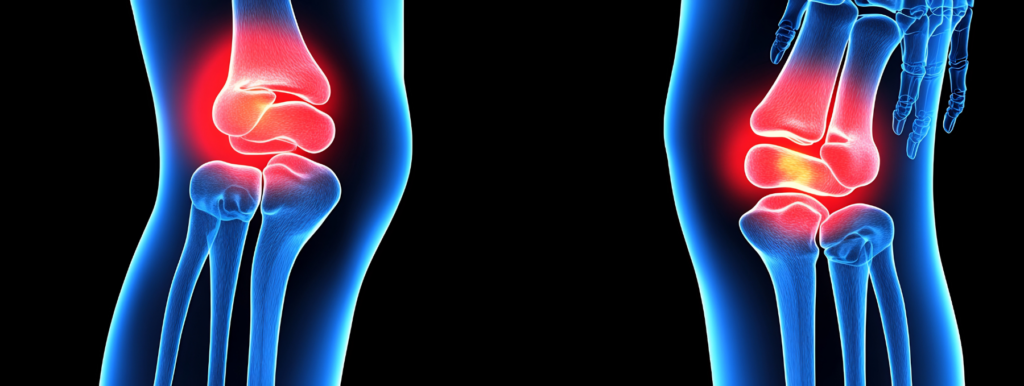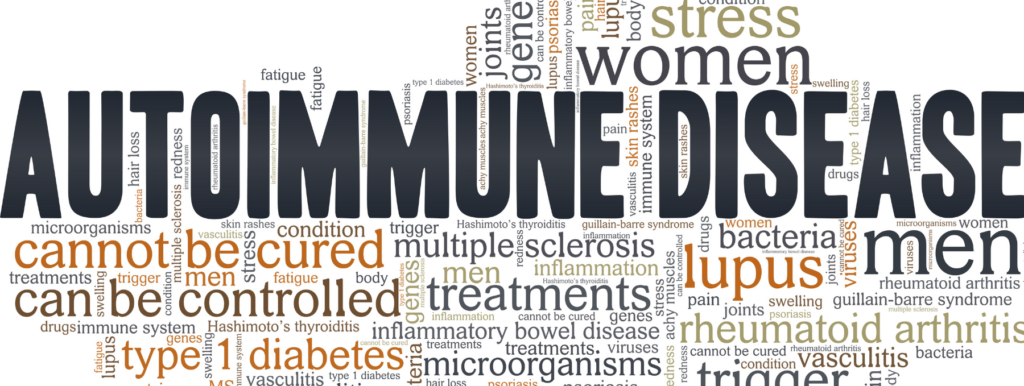Serotonin is widely recognized for its role in regulating mood, sleep and appetite. However, its influence extends far beyond the neurological domain, as this versatile neurotransmitter also plays a significant role in the functioning of the immune system. The intricate relationship between serotonin and immune health opens new avenues for understanding how a serotonin deficiency may lead to various health complications, particularly relating to immune responses and inflammation. In order to fully understand how serotonin deficiency affects the immune system, it’s essential to explore the underlying mechanisms involved and their implications for health and disease.
What is Serotonin?
Serotonin (5-hydroxytryptamine or 5-HT) is a neurotransmitter derived from the amino acid tryptophan, which must be obtained through dietary sources because the body cannot synthesize it. Serotonin is found primarily in the brain, gastrointestinal tract and blood platelets. Approximately 90% of serotonin is produced in the gut, where it regulates digestion, but its effects extend across various body systems, particularly the central nervous system (CNS) and the immune system. Tryptophan-rich foods, such as turkey, nuts and dairy, play a crucial role in ensuring adequate serotonin synthesis for overall health.
 Serotonin serves several vital functions in the body. It is best known for its role in mood regulation, because it helps to stabilize emotions and reduce feelings of anxiety and depression. In addition to mental health, serotonin plays a crucial part in digestive health by regulating peristalsis and gastrointestinal motility, to ensure efficient digestion. Serotonin is also involved in controlling sleep cycles and appetite, making it essential for maintaining overall well-being. Recent research also indicates that serotonin plays a critical role in the modulation of immune responses and inflammatory processes, indicating its importance beyond just neurological functions.
Serotonin serves several vital functions in the body. It is best known for its role in mood regulation, because it helps to stabilize emotions and reduce feelings of anxiety and depression. In addition to mental health, serotonin plays a crucial part in digestive health by regulating peristalsis and gastrointestinal motility, to ensure efficient digestion. Serotonin is also involved in controlling sleep cycles and appetite, making it essential for maintaining overall well-being. Recent research also indicates that serotonin plays a critical role in the modulation of immune responses and inflammatory processes, indicating its importance beyond just neurological functions.
Serotonin and the Immune System
Serotonin significantly impacts the immune system by affecting different immune cells. It targets lymphocytes—specifically B and T cells—which are essential for adaptive immunity. Serotonin impacts these cells by promoting their activation, growth and cytokine production, which are all vital for the body’s immune response to infections. Additionally, serotonin boosts the function of macrophages, versatile immune cells that play a crucial role in engulfing pathogens, repairing tissue and the production of both pro-inflammatory and anti-inflammatory cytokines. This enhancement helps the macrophages to more effectively defend against infections.
Cytokines, essential for immune communication and regulation, are also influenced by serotonin. Serotonin helps maintain a balance between pro-inflammatory and anti-inflammatory cytokines. Specifically, serotonin can boost the production of pro-inflammatory cytokines, such as interleukin-6 (IL-6) and tumor necrosis factor-alpha (TNF-alpha), both of which promote inflammation. At the same time, it supports the production of anti-inflammatory cytokines like interleukin-10 (IL-10), contributing to homeostasis within the immune system.
Serotonin also plays a vital role in gut-associated lymphoid tissue (GALT), a crucial part of the immune system located in the gut. The gut microbiota can stimulate serotonin production, which in turn enhances immune function and helps protect against infections. By maintaining the integrity of the intestinal barrier, serotonin also prevents systemic inflammation that may arise from increased gut permeability. Overall, serotonin’s multifaceted roles underscore its importance in maintaining immune health.
Serotonin: Mechanisms of Action
Understanding how serotonin influences the immune system requires taking a look at its intricate mechanisms of action. Serotonin does not merely act as a messenger in the brain; it also orchestrates various biological processes at the cellular level within the immune system, and plays a crucial role in balancing immune responses, promoting both defense against pathogens and the regulation of inflammation. Understanding the ways in which serotonin acts within the immune system is essential for comprehending its broader impact on health and disease.
Receptor Activation
Serotonin acts on various receptors (like 5-HT1, 5-HT2, and 5-HT3) found on immune cells. Depending on the type of receptor activated, serotonin can stimulate different signaling pathways that either promote or suppress immune responses.
Nitric Oxide Production
Serotonin can stimulate the production of nitric oxide (NO), a molecule that plays a dual role in immune responses. While it helps kill pathogens, excessive NO production can lead to tissue damage and contribute to chronic inflammation.
Regulation of the HPA Axis
Serotonin is linked to the hypothalamic-pituitary-adrenal (HPA) axis, which regulates bodily responses to stress. Chronic stress, associated with low serotonin levels, can lead to elevated cortisol levels that suppress immune function and promote inflammation.
Impact on Mast Cells
Mast cells are immune cells involved in allergic responses and inflammation. Serotonin affects mast cell activity, modulating their responses and potentially contributing to conditions like asthma when serotonin signaling is dysregulated.
 Neuroinflammation
Neuroinflammation
In the central nervous system (CNS), serotonin plays a role in regulating neuroinflammatory responses. A deficiency may exacerbate conditions like depression and anxiety, which can indirectly affect the immune response.
Consequences of Serotonin Deficiency
A deficiency in serotonin can lead to a variety of immune-related issues. Below, we will examine some of the ways that serotonin deficiency affects the immune system.
1. Increased Susceptibility to Infections
When serotonin levels are low, it can negatively affect the immune system, particularly the activation and growth of lymphocytes, cells which are essential for fighting infections. This impairment means that the immune system may not respond effectively to pathogens, leading to two main consequences. First, T cells and B cells—key players in the body’s defense—may not react adequately to infections. As a result, illnesses can last longer or become more severe as the body struggles to defend itself against invading pathogens. Second, low serotonin levels can hinder the formation of memory cells, which are crucial for long-term immunity. Without these memory cells, the body is less prepared to respond quickly and effectively to future infections from the same pathogens, leaving it vulnerable to recurring illnesses.
2. Chronic Inflammation
Serotonin is important for managing the body’s inflammatory response. When there isn’t enough serotonin, it can cause an imbalance in the production of cytokines, which are proteins that help regulate inflammation. This imbalance can lead to prolonged inflammation in the body, meaning the immune system remains activated longer than necessary. Over time, this chronic inflammation can damage tissues, increasing the risk of autoimmune disorders or worsening existing inflammatory diseases. For example, conditions like rheumatoid arthritis, inflammatory bowel disease and cardiovascular problems can develop, where inflammation begins to harm various body tissues. In short, low serotonin levels can lead to ongoing inflammation and significant health issues if not addressed.
3. Impact on Mental Health
The connection between serotonin, immune function and mental health is complex. When serotonin levels are low, it can lead to mood disorders like depression and anxiety. Additionally, stress and mental health issues can weaken the immune system, creating a cycle where poor immunity makes mental health problems worse, and vice versa. Low serotonin can also lead to increased inflammation in the brain, which can further worsen mental health conditions. This shows how closely linked serotonin deficiency is to both immune function and mental well-being.
4. Autoimmune Disorders
Research indicates that a lack of serotonin might be involved in the development and worsening of autoimmune diseases. For example, in Multiple Sclerosis (MS), studies suggest that changes in serotonin signaling can lead to problems with immune regulation, potentially affecting how severe the disease is and how it progresses over time. Similarly, in rheumatoid arthritis, serotonin appears to help manage pain and inflammation. When serotonin levels are low, symptoms of rheumatoid arthritis may become more intense, leading to a worse overall outcome for patients.
The Role of Diet and Lifestyle in Serotonin Production
Given the significant effects of serotonin on the immune system, enhancing serotonin levels through dietary and lifestyle changes can have a positive impact on immune function. Nutritionally, consuming foods rich in the amino acid tryptophan—an essential precursor to serotonin—can effectively boost serotonin levels. Some examples of such foods include turkey, nuts, seeds, tofu and bananas. Additionally, incorporating omega-3 fatty acids, found in fish, flaxseeds and walnuts, can support serotonin production while also promoting anti-inflammatory effects that benefit the immune system. Fermented foods, like yogurt, kefir and sauerkraut, are rich in probiotics, which help enhance gut health and consequently improve serotonin production, further contributing to overall immune function.
On the lifestyle front, regular physical activity is beneficial, as it not only boosts serotonin levels but also improves immune responses by enhancing immune cell circulation and function. Managing stress effectively is another crucial factor; techniques such as mindfulness, meditation and yoga can help reduce stress and promote serotonin release. Lastly, ensuring adequate quality sleep is essential for proper serotonin regulation, as sleep disturbances can negatively impact serotonin levels and, as a result, immune function. By focusing on these dietary and lifestyle modifications, it is possible to take proactive steps to enhance serotonin levels and bolster immune health.
Serotonin and Immune Function: Future Directions in Research
Understanding the relationship between serotonin and the immune system is an emerging and rapidly expanding area of study. One potential avenue for future research is exploring the gut-brain axis, particularly how the gut microbiome influences serotonin production and immune health. This line of inquiry could uncover new therapeutic strategies that benefit both mental and physical health. Additionally, conducting clinical trials to investigate the effects of serotonin-boosting interventions—such as specific dietary changes or supplements—could be crucial in establishing clearer connections between serotonin levels and immune response, and  deciphering exactly how serotonin deficiency affects the immune system.
deciphering exactly how serotonin deficiency affects the immune system.
Eventually we may have personalized medicine approaches tailored to individual genetic profiles, dietary habits and gut microbiota compositions, ultimately optimizing immune health. By delving deeper into these areas, researchers can enhance our understanding and potentially improve health outcomes linked to serotonin and immune function.
The Vital Connection: Serotonin, the Immune System and Overall Health
Serotonin plays a critical role in modulating immune function, influencing inflammation and affecting overall health. A deficiency in serotonin can lead to increased susceptibility to infections, chronic inflammation and various autoimmune disorders. The relationship between serotonin, the immune system and mental health underscores the importance of maintaining balanced serotonin levels for overall well-being. Understanding and addressing how serotonin deficiency affects the immune system can pave the way for innovative treatment options in the future, fostering a holistic approach to health that encompasses both body and mind.



